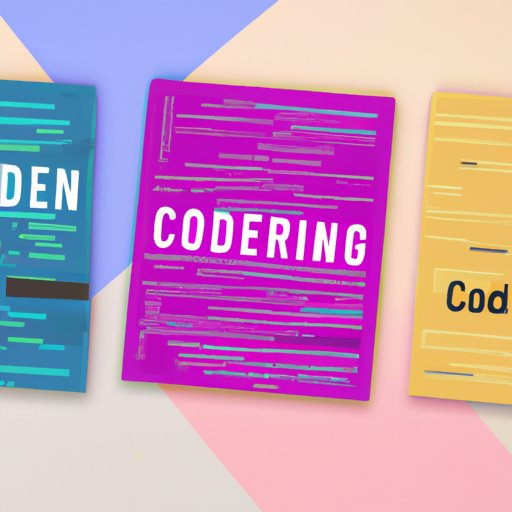
Introduction
Coding is a vital skill in a fast-paced world. Learning to code can help you develop essential problem-solving skills, think logically, and prepare you for a range of careers. This beginner’s guide is designed to help you get started on your journey to learning coding.
Step-by-Step Guide
As a beginner, it’s essential to start with a programming language that is easy to learn. Some of the best programming languages for beginners include Python, JavaScript, and Ruby. There are many online resources that can help you learn coding from scratch. Some of the most popular ones include Codecademy, Khan Academy, and Udacity. They offer interactive tutorials, videos, and a supportive community to help beginners. If you want to fast-track your learning, there are structured courses and certifications available that can help you become proficient in coding.
Learning Frameworks
Different people have different learning styles and preferences. Some people love interactive coding tutorials that break down the concepts, while others enjoy game-based learning and gamification. Interactive coding tutorials like Codecademy, FreeCodeCamp, and W3Schools offer step-by-step tutorials on different programming concepts. Game-based learning resources like CodeCombat, CodeHunt, and CodeMonkey use coding games that gamify coding concepts to make learning fun. Podcasts and Q&A forums like Stack Overflow and Reddit can also be excellent resources for beginners to learn coding.
Practical Goals
It’s crucial to set practical goals for learning coding. Practical goals are tangible, achievable, and relevant to what you want to accomplish. Project-based learning, coding challenges, and hackathons are examples of practical goals that can help you build useful and practical skills while staying motivated to learn. Collaborating with others can also help you learn coding more efficiently while building lasting relationships with other coders.
Learn from Experts and Communities
Connecting with coding experts and communities can be an excellent way to learn coding. Experienced coders can provide insights, tips, and mentorship that can help you become a better coder. Forums like Reddit, GitHub, and Stack Overflow are popular online communities where beginners can get help with coding questions. You can also join local coding meetups, hackathons, or coding boot camps to meet other coders in person.
Creating a Coding Portfolio
Creating and contributing to an online coding portfolio is an excellent way to showcase your coding skills to prospective employers, clients, or collaborators. When creating a coding portfolio, it’s important to include some of your best coding projects, your coding style, and any contributions to open source projects. A coding portfolio can help you attract prospective employers or clients and set you apart from other candidates.
Conclusion
Learning coding can be challenging, but with the right approach and resources, it can be an enjoyable and rewarding experience. This beginner’s guide provided an overview of how to learn coding and highlighted popular online resources, learning frameworks, practical goals, expert communities, and creating a coding portfolio. By following the step-by-step guide and using the learning frameworks, anyone can learn to code and develop essential problem-solving skills that are crucial for success in today’s fast-paced world.





